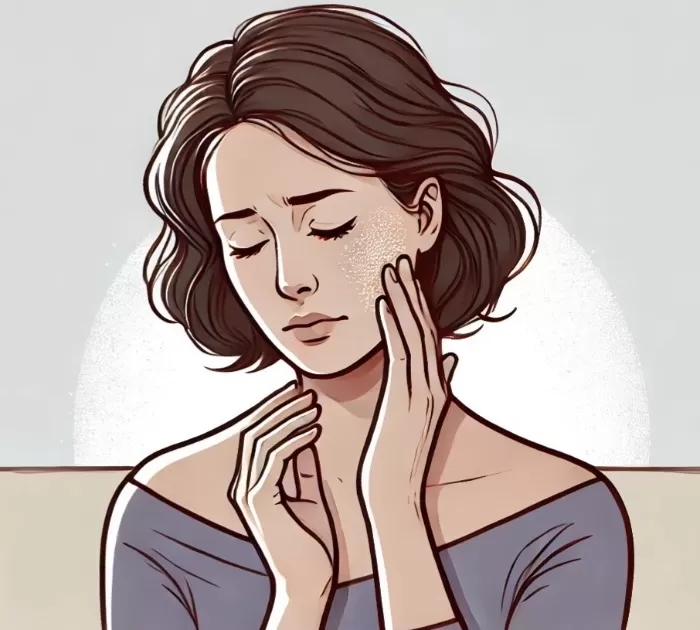Introduction
Skin burning and irritation are common symptoms during menopause and perimenopause, caused by hormonal fluctuations, particularly the decline in oestrogen. Oestrogen plays a significant role in maintaining skin hydration, thickness, and elasticity. As oestrogen levels drop, the skin can become thinner, drier, and more sensitive, making it prone to irritation, itching, and a burning sensation. Changes in the skin’s natural oil production and collagen loss can further exacerbate these symptoms.
Additionally, hot flashes and increased skin sensitivity to environmental factors, such as sun exposure or skincare products, may contribute to the feeling of skin burning or irritation.

